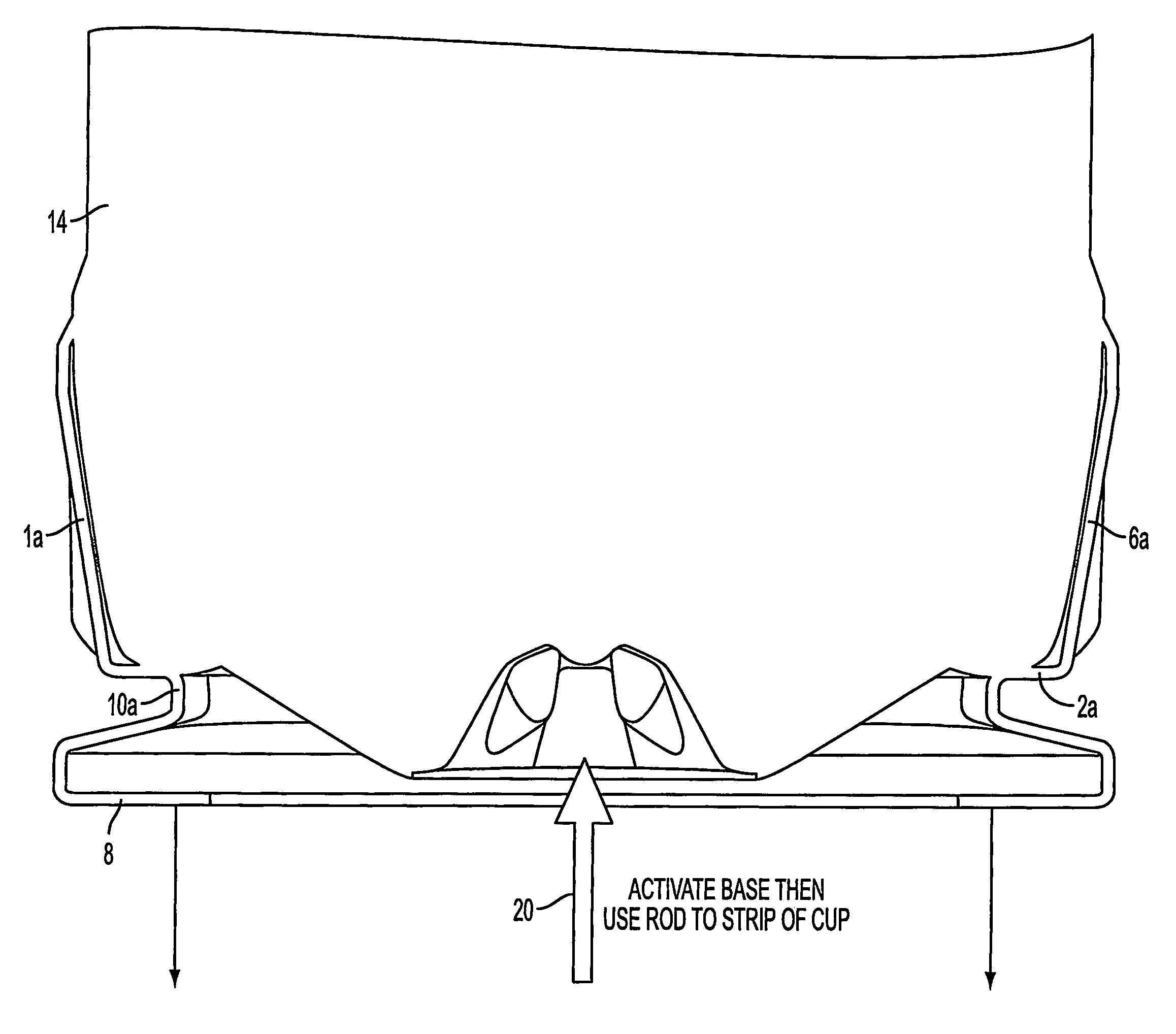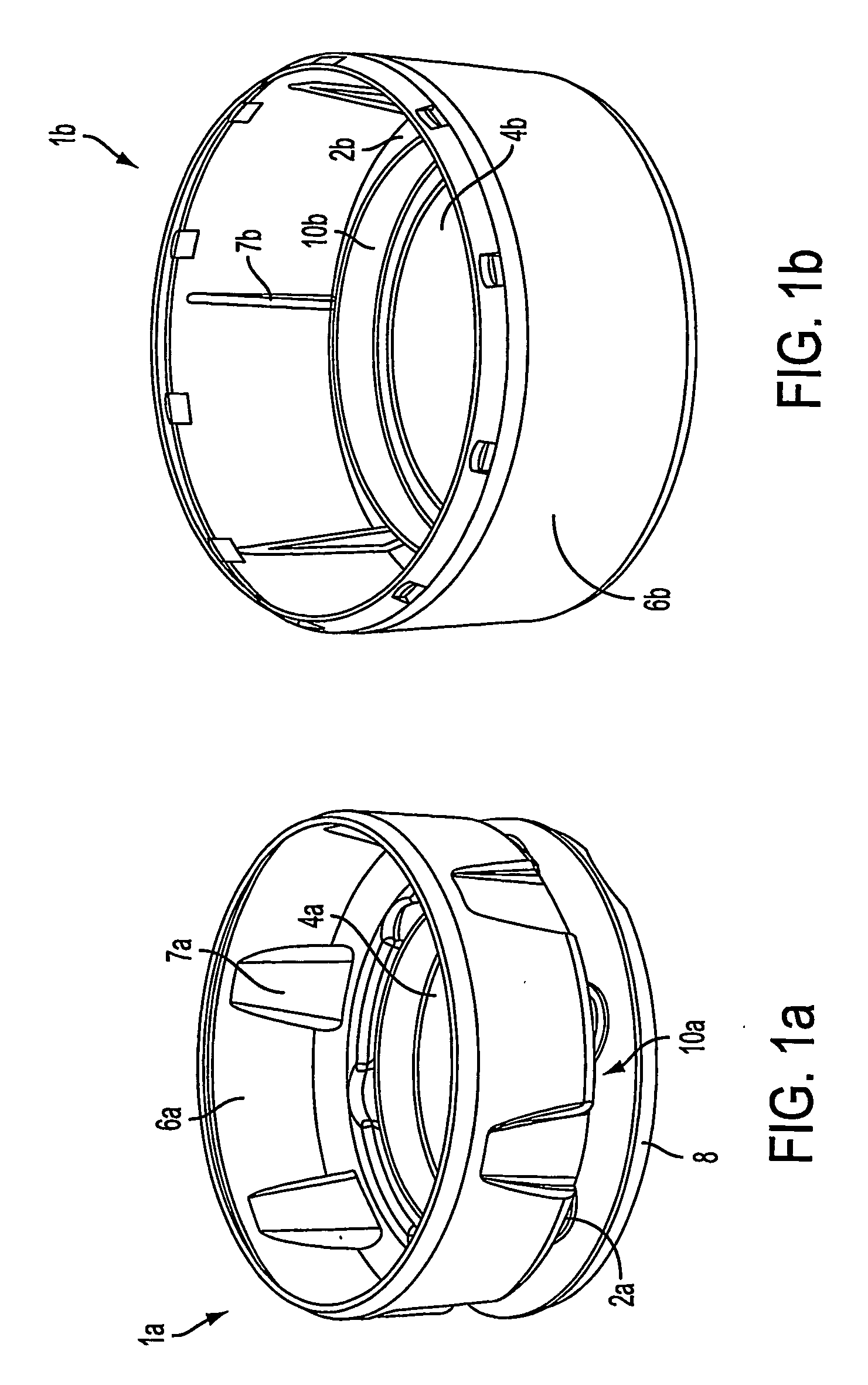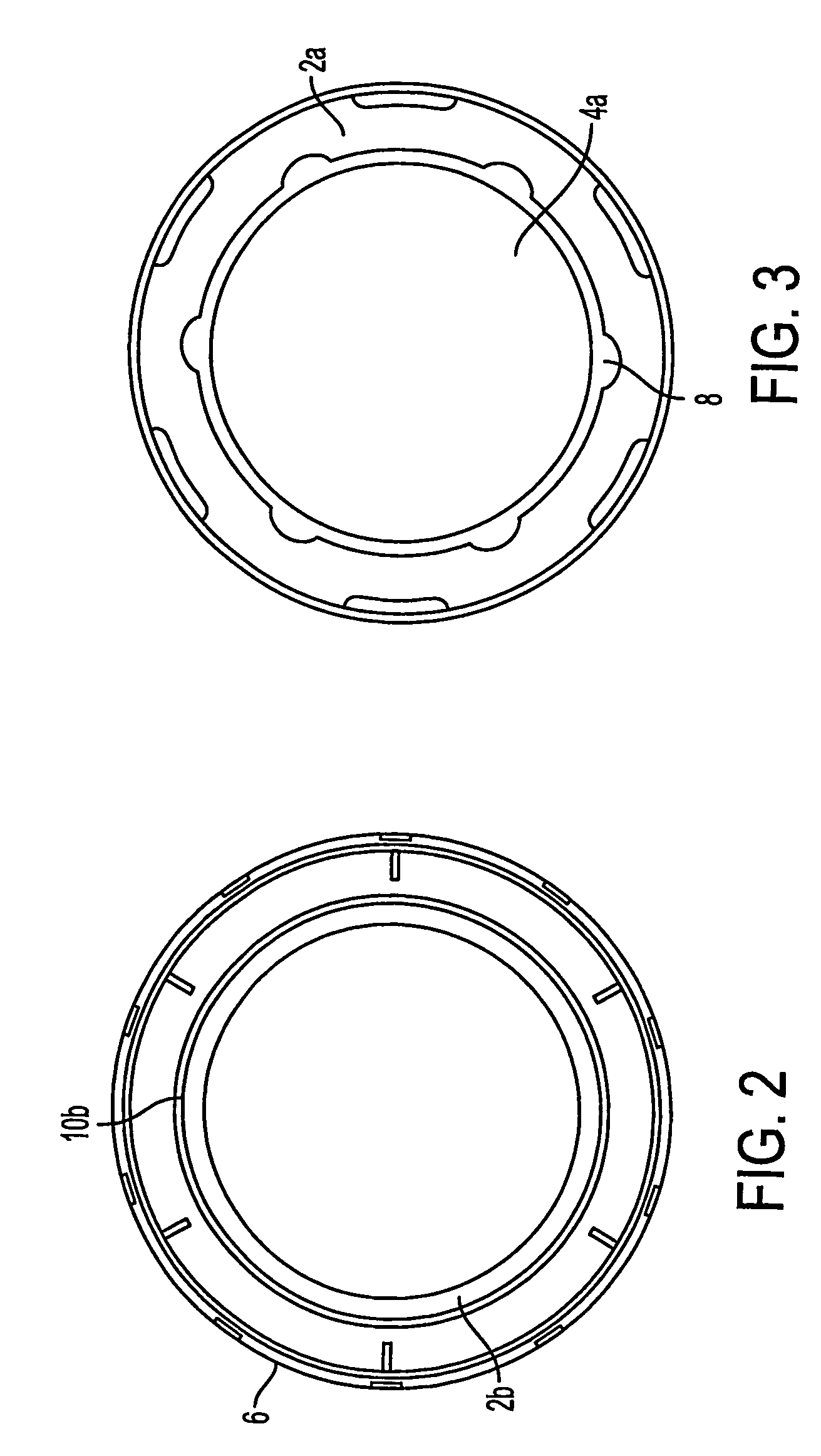Process and device for conveying odd-shaped containers
a technology of odd-shaped containers and conveying devices, which is applied in the direction of caps, furniture, charge manipulation, etc., can solve the problems of poor line conveyance, container shape that cannot be easily conveyed, and long slender containers that are typically long, so as to increase the amount of surface contact, increase the control over and the plurality, and increase the effect of surface conta
- Summary
- Abstract
- Description
- Claims
- Application Information
AI Technical Summary
Benefits of technology
Problems solved by technology
Method used
Image
Examples
Embodiment Construction
[0029] Embodiments of the invention are discussed in detail below. In describing embodiments, specific terminology is employed for the sake of clarity. However, the invention is not intended to be limited to the specific terminology so selected. While specific exemplary embodiments are discussed, it should be understood that this is done for illustration purposes only. A person skilled in the relevant art will recognize that other components and configurations can be used without parting from the spirit and scope of the invention. All references cited herein are incorporated by reference as if each had been individually incorporated.
[0030] Looking at FIGS. 1a and 1b, two embodiments of the inventive, transfer stabilization support 1a and 1b are shown, which when secured to a container provide stability and enhanced handling characteristics to a conveyed container. Each support 1a, 1b has a bottom surface 2a, 2b with an opening 4a, 4b and a wall 6a, 6b extending perpendicularly from...
PUM
| Property | Measurement | Unit |
|---|---|---|
| Height | aaaaa | aaaaa |
Abstract
Description
Claims
Application Information
 Login to View More
Login to View More - R&D
- Intellectual Property
- Life Sciences
- Materials
- Tech Scout
- Unparalleled Data Quality
- Higher Quality Content
- 60% Fewer Hallucinations
Browse by: Latest US Patents, China's latest patents, Technical Efficacy Thesaurus, Application Domain, Technology Topic, Popular Technical Reports.
© 2025 PatSnap. All rights reserved.Legal|Privacy policy|Modern Slavery Act Transparency Statement|Sitemap|About US| Contact US: help@patsnap.com



